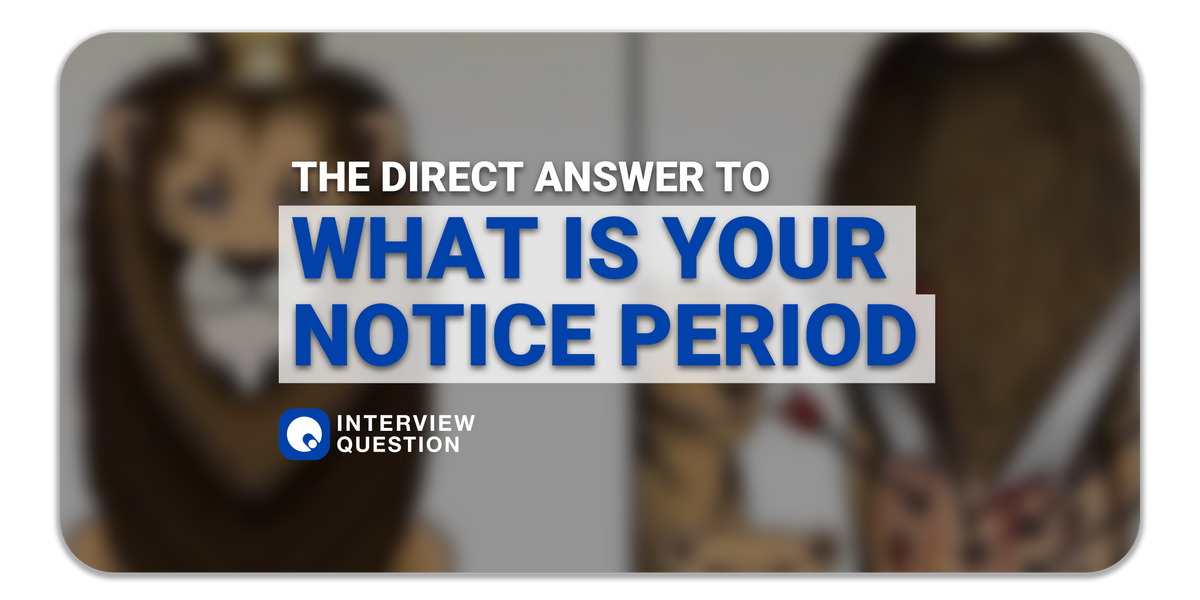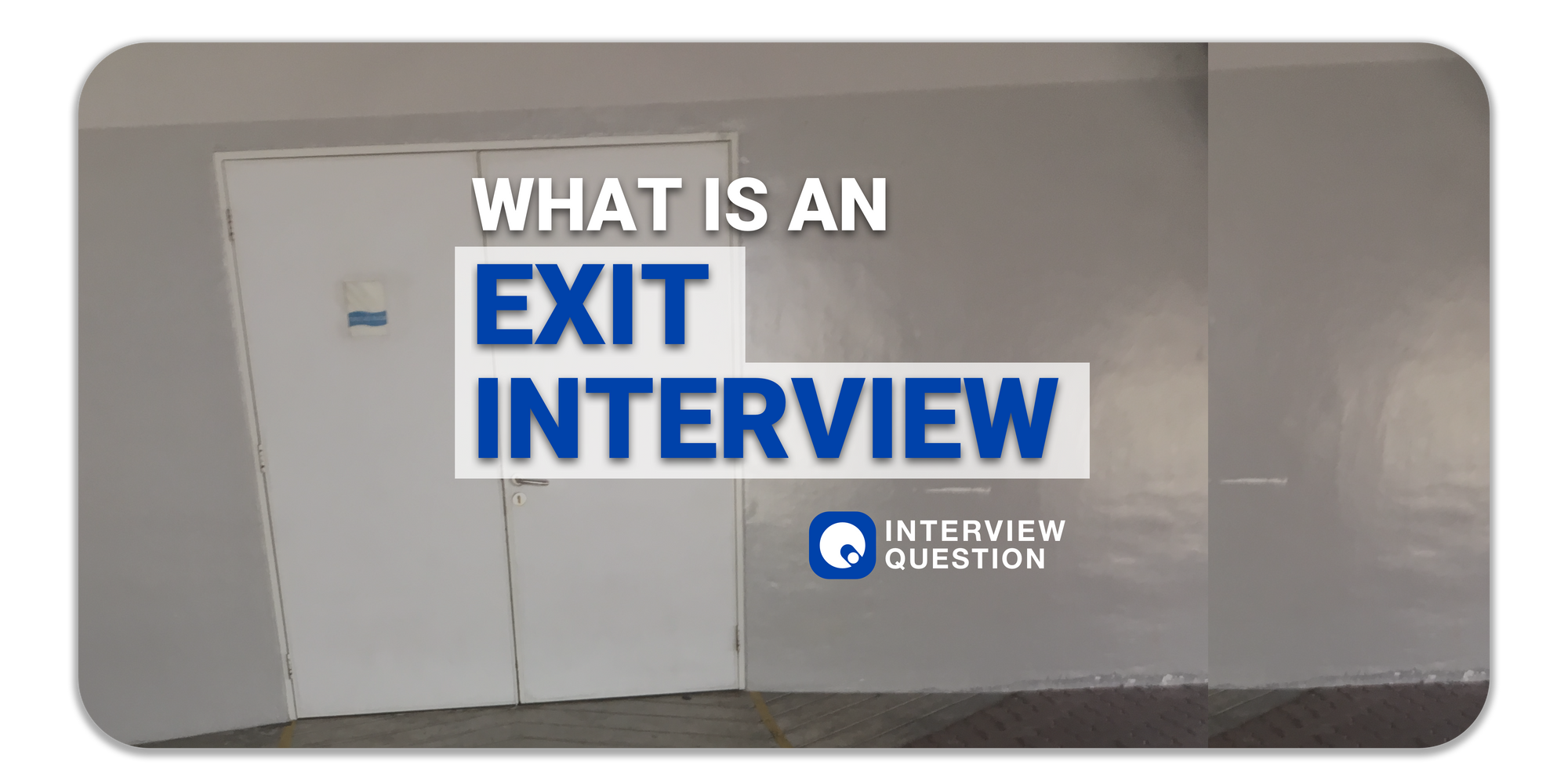The direct answer to "What is your notice period?"
Explain the meaning of the section "current notice period" in a job application | How to tell your interviewer how long your notice period is | Difference between the "availability" and "notice period"

Do you know what to say when an employer asks about your notice period? To prepare a substantive reply to the interview question of "What is your notice period?", you should first check your employment contract to see how much notice you are required to give.
Once you know how much specified notice you are required to give, you can simply state this number of weeks/months when asked about your notice period in an interview or job application form. For example: "My notice period is four weeks."
Explain the meaning of the section "current notice period" in a job application
The "current notice period" section of a job application is asking for the amount of time you would need to give your current employer before leaving your current position. This is typically two weeks, but can be more or less depending on company policy and what your signed employment contract says.
How to tell your interviewer how long your notice period is
If you are asked how long your notice period is during an interview, it is important to be honest and upfront with your answer. You should never try to negotiate a shorter notice period than what you are legally required to give, as this could come back to bite you later on if you fail to deliver on the promise of a reduced notice.
Remember: You will still need to work during your notice period with your existing employer.
It is best to avoid saying that you can give less than two weeks notice, as this may reflect poorly on your commitment and reliability - especially if you end up withdrawing your resignation and rescinding notice midway. If possible, try to provide at least two weeks notice so that the transition between jobs is smooth for both parties involved.
The best way to approach this question is simply state the number of weeks or months that your notice period is.
What is the difference between the "availability" and "notice period"
When filling up a job application, you may be confused if the form asks for your availability instead of your notice period (or the opposite way around).
The main difference between the two is that your availability refers to the days and times you are available to work, while your notice period is the amount of time you would need to provide before leaving your current job.
Here's a more detailed explanation of the difference between availability and notice period:
Availability refers to the days and times when you are available to work. For example, if you are only available to work on weekends, or if you can only work after 6pm, you would note that under your availability.
Notice period refers mainly applies to those who already have a job but are looking for a new one. The notice period is the amount of time (usually 2 weeks) that you need to give your employer before quitting. This allows them time to find a replacement for your position, and gives you time to find a new job (works both ways).
Answering your notice period in an exact number of days
When you are asked to answer in the number of days, convert your notice period from months or weeks into days. For example, if your notice is 2 weeks, then answer 14 calendar days. Or if your notice is 1 month, then you can reply that your official number of notice period days is 30. Read the below article on how to confirm your notice days and count them.
For example, if a potential employer asks for your availability, they want to know what days of the week and what hours during those days you are able to work. On the other hand, if an employer asks for your notice period, they want to know how much time (usually given in weeks) it would take for you to be able to start working with them full-time.
Typically if a company is looking to fill a position as soon as possible, they will ask for your availability. On the other hand, if they are not in a rush to fill the position, they will ask for your notice period instead.
Join our free email newsletter!
Read this next.
A list of relevant posts you should read. It's probably on your mind.






